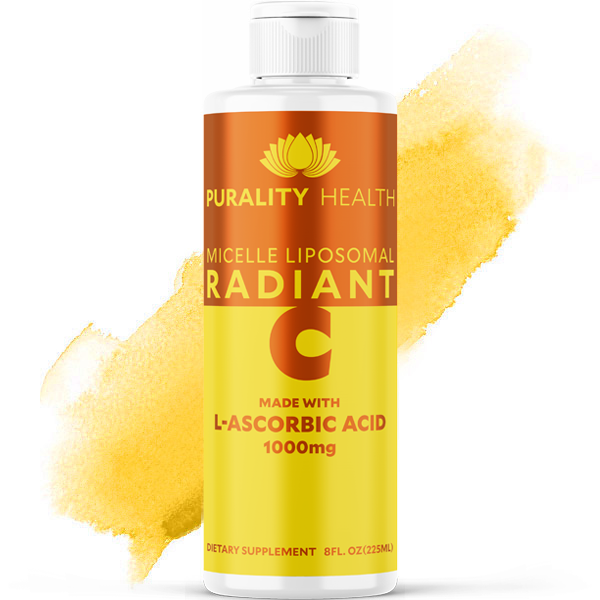6 Signs Of A Weakened Immune System
It’s important to keep your immune system healthy. It’s what keeps you feeling tip-top day in and day out!
To learn more about some of the main functions of the immune system, check out our previous blog on the innate and adaptive immune systems.
But if you’re not feeling tip top, this could be a sign of an immune system that’s falling behind.
Here are six signs to look out for when considering the health of your immune system.
1. High Stress
Are you stressed a lot? Unfortunately, too many of us are. Being stressed is a drag to begin with, but it’s also bad news for your immune system.
Research shows that stress weakens the response of your immune system. [1]
This is because stress lowers the levels of lymphocytes, the white blood cells that help fight off infection, in the body. This can leave you more vulnerable to illness.
Did you know that vitamin C can help lower stress levels? [2]
Researchers have found that vitamin C helps manage the body’s use of cortisol – the stress hormone. Cortisol is responsible for the “fight or flight” response. Though it has served us throughout our earlier years as humans, today cortisol is often produced when not needed – but the body doesn’t know that. This can lead to a constant state of stress in the body. [2]
Click here to learn more about what vitamin C can do.
2. You Always Have A Cold
It’s perfectly normal for healthy adults to experience 2-3 colds per year, each lasting 7-10 days. [3]
Typically, the immune system develops antibodies for these colds within 3-4 days, then they get to work eliminating the pesky germs that are causing you to feel bleh.
But if you’re experiencing more than three colds per year – or you seem to always have a cold – this could be a sign that your immune system is falling behind.
3. Tummy troubles
Research shows that nearly 70% of your immune system is located throughout the digestive tract. The probiotics – beneficial bacteria and microorganisms – that live there work to support the immune system by defending your gut from infection. [4]
Low levels of this beneficial bacteria can leave you at higher risk of infection. If you experience frequent gas, diaherra, constipation, or other stomach issues, it could be a sign that your immune system is lacking.
Looking for a reliable probiotic? Click here.
4. Your Wounds Heal Slowly
When you get a cut or scrape, your body sends nutrient-rich blood to the affected area to help the skin regenerate.
Immune cells also quickly arrive on scene in an intricate process that involves clearing the wound of foreign bacteria, repairing it, and closing it. [5]
However, a weakened immune system can slow this response, allowing your wound to stay open – and vulnerable – for longer, leading to a drawn-out healing process.
5. You Have Frequent Infections
Similar to a constant cold, having a higher influx of infections can be an indication of a weak immune system.
In this regard, signs of a poor immune system include having more than four ear infections in a year, suffering from chronic sinusitis, or needing more than two courses of antibiotics in one year. [6]
6. You’re Always Tired
We can all experience fatigue from time to time for various reasons. But if you’re getting enough sleep and are still chronically fatigued, this could be a sign that your immune system is lacking.
Researchers have found that when your immune system struggles, so do your energy levels. [7]
This is because your body is working hard to fuel your immune system, taking up more energy than is usually required.
Ways To Boost The Immune System
If some of the above sounds familiar, it may be a good idea to take some extra care of your immune system.
Some of the main ways that you can improve your immune system is getting enough sleep, eating a healthy diet, exercising, not smoking, drinking more water, and minimizing stress.
Another major way is to make sure you’re getting enough vitamin C.
Vitamin C not only increases the count of immune cells within the body, but helps them become more effective. [8]
But you need to make sure your body can actually absorb the vitamin C.










